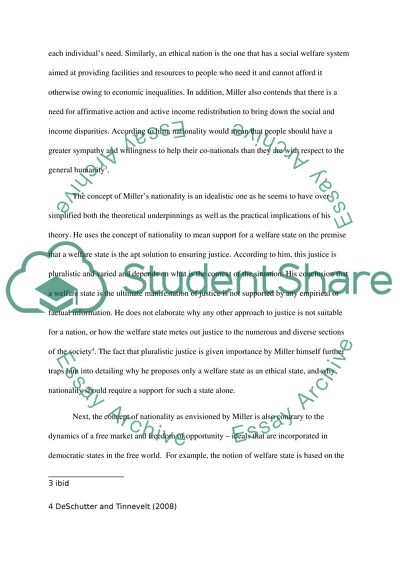Cite this document
(“What does David Miller mean by nationality What kind of nationality Essay”, n.d.)
Retrieved from https://studentshare.org/history/1435520-what-dose-david-miller-mean-by-nationality-what
Retrieved from https://studentshare.org/history/1435520-what-dose-david-miller-mean-by-nationality-what
(What Does David Miller Mean by Nationality What Kind of Nationality Essay)
https://studentshare.org/history/1435520-what-dose-david-miller-mean-by-nationality-what.
https://studentshare.org/history/1435520-what-dose-david-miller-mean-by-nationality-what.
“What Does David Miller Mean by Nationality What Kind of Nationality Essay”, n.d. https://studentshare.org/history/1435520-what-dose-david-miller-mean-by-nationality-what.


